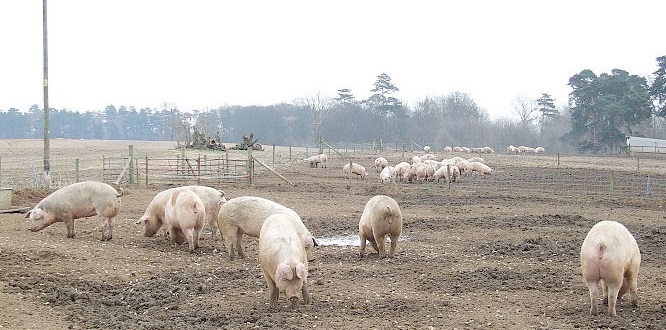
British pig-producers would find it easier to improve productivity if Government can be persuaded to adopt new guidelines from Brussels on financial instruments such as loan guarantees, according to the National Pig Association.
Most European Union countries have so far been reluctant to provide this kind of help, even though there is scope to do so in rural development plans.
Only seven countries used financial instruments in the 2007-2013 rural development programme period — Belgium, France, Greece, Italy, Lithuania, Latvia and Romania.
The European Commission wants to help farmers unlock investment funding from banks that have become much more cautious since the financial crisis.
It would like to see a doubling of the use of financial instruments, such as loan guarantees, compared to the 2007-2013 period.
There is now a dedicated coaching service to help national management authorities understand the potential of financial instruments.
Brussels is particularly keen to persuade each member country to set up a guarantee fund offering up to 80 percent security to banks and other bodies lending money to farmers.
If such security became available in Britain, pig producers would find banks much more interested in lending for reinvestment and expansion projects.
In March this year, the European Commission and European Investment Bank launched a project to encourage member countries to include financial instruments, such as loan guarantees, in their rural development plans.
The move aims to give security to banks offering loans to the farm sector, encouraging them to lend and with more favourable conditions such as lower interest rates, longer repayment periods and fewer requirements for collateral.
Brussels sees financial instruments as magnets to pull in private money.
